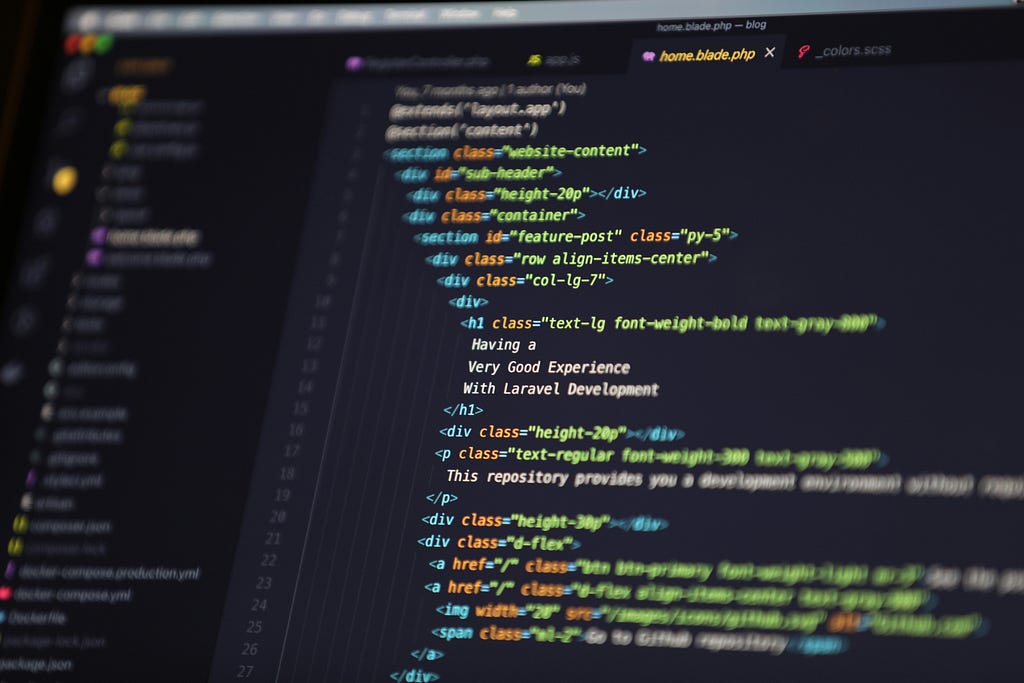KAT-Dev-32B Unpacked: A 32B Open Coding Model Trained with Mid-Train, RFT, and Scaled Agentic RL

KAT-Dev-32B is a 32B-parameter open-weight model targeted at software engineering that combines mid-training, supervised fine-tuning, reinforcement fine-tuning (RFT), and a large-scale agentic RL stage to achieve competitive results on real-world code-editing tasks. On SWE-Bench Verified, it resolves 62.4% of issues, ranking among the top open-source models by fix rate while remaining locally runnable for advanced users.
Why it matters
KAT-Dev-32B adopts a pragmatic recipe: enhance core agent abilities during mid-training, curate diverse SFT tasks across programming scenarios, guide policy with “teacher trajectories” in RFT, then scale agentic RL with infrastructure that makes long-horizon trajectories tractable. This yields strong repair rates on repos in SWE-Bench Verified without relying on proprietary models or closed tool stacks.
Training pipeline

- Mid-training: Strengthens foundational abilities such as instruction following, tool-use, and multi-turn interaction to set the stage for subsequent tuning and RL, built on a Qwen3–32B base.
- SFT coverage: Eight task types across eight programming scenarios to broaden generalization beyond narrow benchmark tuning.
- Reinforcement fine-tuning (RFT): Teacher-trajectory–guided policy shaping before full RL stabilizes learning and improves sample efficiency for code-editing tasks.
- Agentic RL scaling: Introduces multi-level prefix caching for log-prob reuse, entropy-based trajectory pruning, and a SeamlessFlow-style architecture that decouples agents from the trainer while exploiting heterogeneous compute at scale.
Architecture and implementation notes
- Base backbone: Qwen3–32B dense architecture provides modern transformer components and strong language priors for code understanding.
- Dense vs MoE: KAT-Dev-32B is dense, so throughput per GPU may be lower than comparable-active-parameter MoE models, but it avoids MoE routing complexity and remains straightforward to fine-tune.
- Agent loop readiness: The model is tuned to work in multi-step edit-execute cycles typical of SWE-Bench-style environments, aligning with agent frameworks that call tools, run tests, and iterate.
Benchmarks
- SWE-Bench Verified: 62.4% resolved, placing 5th among open-source entries of varying sizes in public summaries and announcements. This positions KAT-Dev-32B near larger or closed alternatives while remaining open-weight.
- Positioning vs peers: Announcements compare KAT-Dev-32B to proprietary and open coding models; a related KAT-Coder variant reports 73.4% on SWE-Bench Verified but is not open-weight at release time.

Inference: Hugging Face quick start
The Hugging Face model page provides a ready loader; below is a minimal chat-completions style scaffold for code tasks. Ensure sufficient VRAM (multi-GPU recommended), enable bfloat16/float16 as appropriate, and consider quantization for single GPU.
import torch
from transformers import AutoModelForCausalLM, AutoTokenizer
model_id = "Kwaipilot/KAT-Dev" # 32B variant hosted on Hugging Face
tokenizer = AutoTokenizer.from_pretrained(model_id, use_fast=False)
model = AutoModelForCausalLM.from_pretrained(
model_id,
torch_dtype=torch.bfloat16 if torch.cuda.is_available() else torch.float32,
device_map="auto",
)
# Simple instruction template for a bug-fix task
system = "You are a senior software engineer. Provide minimal diffs and reasoning."
user = """Repository: mylib
File: src/utils/math.py
Test failure: test_divide_zero
Task: Fix divide(a,b) to raise ZeroDivisionError when b == 0.
Provide a unified diff patch only.
"""
messages = [
{"role": "system", "content": system},
{"role": "user", "content": user},
]def format_chat(messages):
# Qwen-style generic template; adapt to the repo's recommended template if provided
text = ""
for m in messages:
role = m["role"].capitalize()
text += f"{role}: {m['content']}n"
text += "Assistant:"
return text
prompt = format_chat(messages)
inputs = tokenizer(prompt, return_tensors="pt").to(model.device)
with torch.no_grad():
output_ids = model.generate(
**inputs,
max_new_tokens=1024,
temperature=0.2,
top_p=0.9,
do_sample=False, # deterministic for patches
eos_token_id=tokenizer.eos_token_id,
)
text = tokenizer.decode(output_ids[0][inputs.input_ids.shape[1]:], skip_special_tokens=True)
print(text)
Practical tips for coding tasks
- Decoding: Use low temperature and deterministic decoding for diffs; enable sampling only when brainstorming multiple solutions for later ranking.
- Context management: Provide failing tests, stack traces, and relevant file snippets. Keep context focused to reduce hallucinations and improve patch precision.
- Tool coupling: Integrate a runner that applies patches, runs tests, and feeds back errors; KAT-Dev-32B was optimized with agentic loops, so it benefits from iterative error feedback.
Fine-tuning guidance
- PEFT/LoRA: For domain adaptation (framework-specific codebases), apply LoRA on attention and MLP projections with ranks 16–64; train with instruction-tuned code tasks and real edit logs when available.
- RFT-style data: If available, curate “teacher” trajectories: stepwise edits with explanations and successful test runs, then use preference or discrepancy-based rewards before full RL to stabilize training.
- Eval harness: Recreate a mini SWE-like environment with hidden tests and strict diff application to catch regressions; report pass rates, edit distance, and revert rate.
Performance and hardware
- Throughput: Being dense, 32B will be slower tokens/sec than MoE peers at similar active parameters; plan batch sizes and KV cache accordingly. Quantization (8-bit/4-bit) can ease VRAM pressure, with some latency trade-offs.
- Memory: Multi-GPU setups (NVLink preferred) recommended for full-precision; single 48–80GB GPUs may work with quantization and careful max sequence lengths.
Roadmap and variants
- KAT-Coder: Higher-performing sibling (73.4% Verified) offered via API access; technical report and detailed training recipe indicated as forthcoming.
- Ongoing updates: The KAT-Dev repo and blog note continuing work on scaling RL and releasing more detailed evaluations; watch the model card and org site for changes.
Why KAT-Dev-32B stands out
- Methodological clarity: Mid-train → SFT → RFT → scaled agentic RL, with concrete engineering to make trajectory-heavy RL feasible.
- Open-weight accessibility: Strong Verified score while being runnable by practitioners with suitable hardware, enabling reproducible research and real-world integration.
If a production-ready agent loop is needed, a follow-up can include a minimal “edit-run-retry” harness with diffs, sandboxed execution, and automatic patch scoring aligned to SWE-Bench-style evaluation.
Notebook:
KAT-Dev-32B, Unpacked: A 32B Open Coding Model Trained with Mid-Train, RFT, and Scaled Agentic RL was originally published in Data Science in Your Pocket on Medium, where people are continuing the conversation by highlighting and responding to this story.







